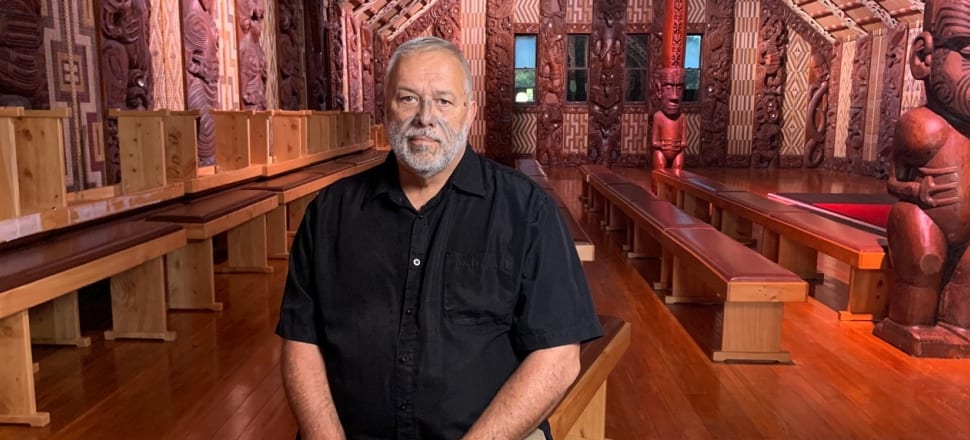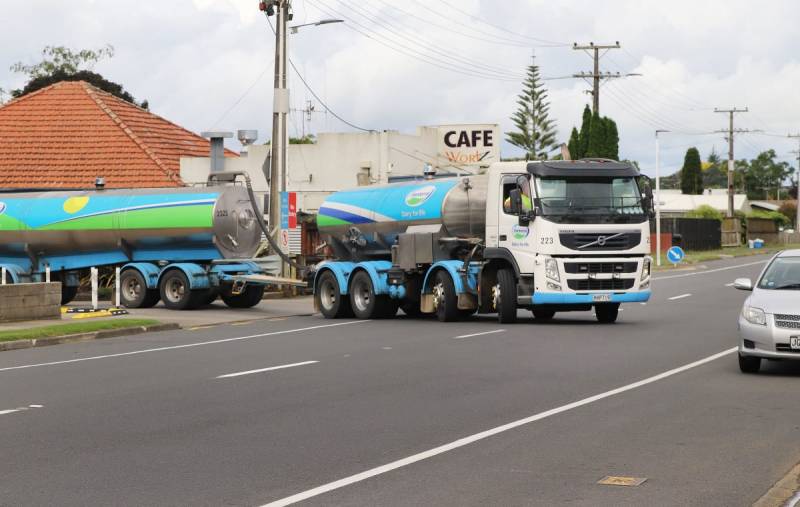The Court of Appeal has thrown out an attempt to force seven large polluting companies to cut greenhouse gas emissions, saying climate change is a matter for national regulations and international coordination.
However, Mike Smith (Ngāpuhi and Ngāti Kahu), the Māori environmentalist behind it, says he will appeal.
 “It was a bit unsurprising,” Smith says of the Court of Appeal decision. “The judgment was quite interesting – on some counts they said no and other counts they said maybe – and so we’re off to the Supreme Court, that’s the next step.”
“It was a bit unsurprising,” Smith says of the Court of Appeal decision. “The judgment was quite interesting – on some counts they said no and other counts they said maybe – and so we’re off to the Supreme Court, that’s the next step.”
A legal expert says the country’s highest court might decide to hear it, keeping alive the possibility of the New Zealand judiciary following the lead of courts around the world in making a radical decision on climate change.
“I certainly think there’s a prospect that the Supreme Court would grant leave for another appeal,” says Jenny Cooper QC, president of Lawyers for Climate Action. “It’s a matter of public importance – you can’t think of a more important issue – and it’s a novel area of testing whether the law is ready to develop on these points.”
The case against the ‘Polluting 7’
Iwi leader Smith launched proceedings against New Zealand’s biggest company Fonterra, farming giant Dairy Holdings Ltd, electricity generator Genesis Energy, which runs the Huntly power station, NZ Steel, owner of the Glenbrook mill, fossil fuel company Z Energy, NZ Refining Company, and BT Mining, a joint venture between Bathurst Resources and Talley’s Energy operating the Stockton mine on the South Island’s West Coast.
The claim said climate change science is clear and by continuing to pollute, or selling products that are burnt and emit greenhouse gases, the companies are contributing to environmental damage, such as increased temperatures, sea level rise, ocean acidification, and increasingly extreme weather events.
Smith wanted the court to require each company’s emissions to reach net zero by 2030.
If the big corporates didn’t know the harm they were causing, they should have, the claim said. The legal strategy was three-pronged: public nuisance, negligence and a proposed new “tort” – an area of law dealing with obligations of one party to another – breach of duty.

